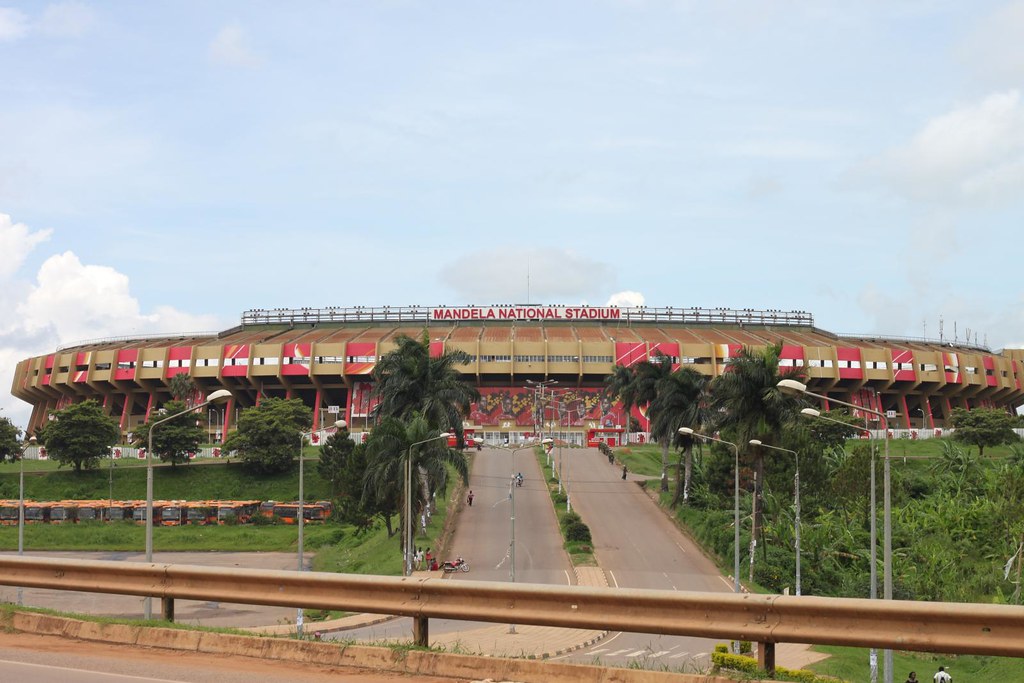Kampala, the vibrant capital city of Uganda, is more than just an urban hub — it’s the cultural, historical, and economic heartbeat of the Pearl of Africa. Bursting with life and infused with rich traditions, modern energy, and warm hospitality, Kampala offers a unique blend of the old and new, where the echoes of ancient kingdoms meet the pulse of a growing metropolis. Whether you’re a first-time visitor or a local curious about your city’s hidden gems, there’s something fascinating about Kampala that always stands out.
Kampala Was Built on Seven Hills (But There Are More Now)
Originally, Kampala was famously known as the city built on seven hills. These included Mengo, Rubaga, Namirembe, Old Kampala, Nsambya, Nakasero, and Kibuli — each with its own historical significance and unique landmarks. However, as the city expanded, it grew beyond the original seven, and today, Kampala sits on more than twenty hills, each offering scenic views, residential neighborhoods, and a rich tapestry of urban and cultural life.
The Name “Kampala” Has Royal Origins
The name Kampala is derived from the phrase “Akasozi k’empala,” which means “the hill of antelopes” in Luganda. Long before it became Uganda’s capital, the area was a hunting ground for the impala antelope. The Buganda king (Kabaka) often hunted on this land, and over time, the British colonialists adapted the local pronunciation to “Kampala.” The name stuck — and so did its royal charm.
Home to Uganda’s Largest Open-Air Market
Kampala is home to Owino Market (officially St. Balikuddembe Market), one of the largest and busiest markets in East Africa. It’s a labyrinth of stalls where you can find everything from secondhand clothes and electronics to fresh produce and traditional herbs. Shopping in Owino is not just about bargains — it’s an experience of Kampala’s vibrant hustle, the rhythm of daily life, and the lively banter of vendors.
Kampala Never Sleeps
Kampala’s nightlife is legendary. From trendy rooftop bars and thumping nightclubs in Kololo to live music shows and traditional performances in local hangouts, the city comes alive after sunset. Known as the city that never sleeps, Kampala’s nightlife scene is a cultural fusion where Afrobeat meets reggae, and dancehall rhythms blend with traditional drumming.
It’s the Spiritual Heart of Uganda
Kampala is not just a political capital — it’s also a spiritual center. It hosts the Namirembe Cathedral, the oldest Anglican cathedral in Uganda; Rubaga Cathedral, a significant Catholic site; and the Gaddafi Mosque, also known as the Uganda National Mosque, which is one of the largest mosques in Sub-Saharan Africa. The city is also dotted with temples, synagogues, and cultural shrines that reflect its diverse religious and cultural fabric.
Kampala Is the Gateway to Uganda’s Adventure
While many tourists use Kampala as a starting point to explore Uganda’s gorillas, wildlife parks, and lakes, the city itself is an adventure. Take a boda-boda ride through the chaotic traffic, enjoy a walk along the shores of Lake Victoria at Ggaba, or soak in the urban buzz at the Uganda National Cultural Centre. For those looking to experience Uganda’s real heartbeat, Kampala offers a taste of everything — food, people, energy, and culture.





